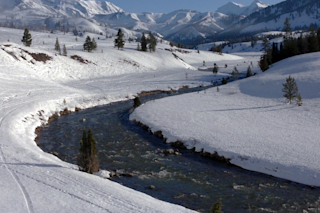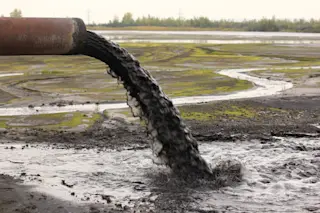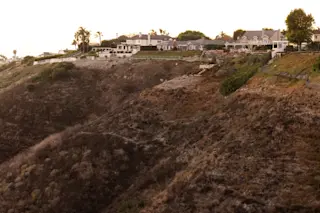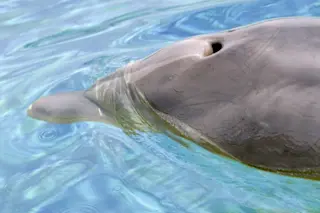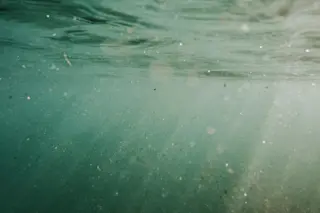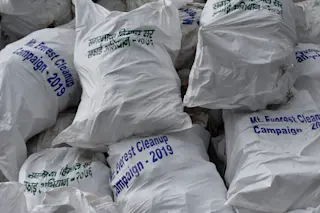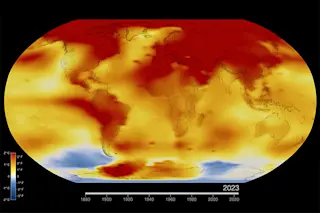Antarctica's Lake Vostok--and its potential scientific findings--remains cut off from the outside world for yet another year. Russian scientists spent the Antarctic summer drilling towards the water in the frozen-over Antarctic lake, but plummeting temperatures forced them to leave earlier this week, as their airplane's hydraulic fluid was in danger of freezing. The Russians may have flown off, but they left some controversy behind. To keep the 12,300-foot-deep borehole from filling with ice the researchers loaded it full of kerosene, and some Antarctic experts are worried that the chemicals will contaminate an otherwise pristine place. The 6,200-square-mile lake is important for scientists because the iced-over waters have been isolated for over 14 million years. Biologists are excited to see whether it holds ancient microbes; climatologists are interested in the record held in its sediments; and geologists want to learn how such an isolated sub-glacial lake forms. And despite this year's ...
Thwarted Drillers Leave Antarctic Lake, and Leave Controversy Behind
Lake Vostok scientific findings may unlock secrets of ancient microbes and offer insights into sub-glacial lake formation.
More on Discover
Stay Curious
SubscribeTo The Magazine
Save up to 40% off the cover price when you subscribe to Discover magazine.
Subscribe

